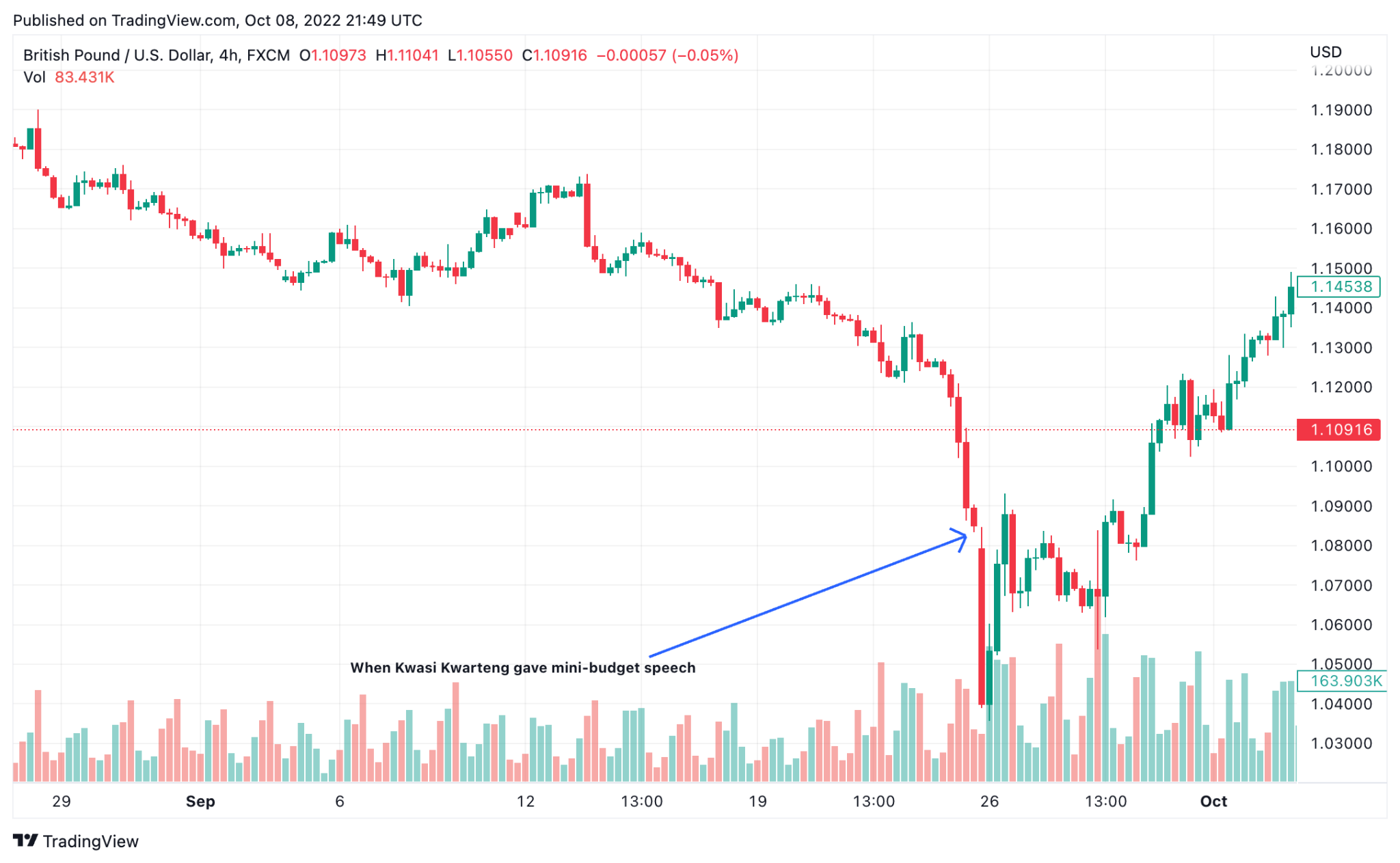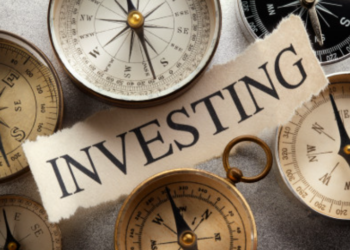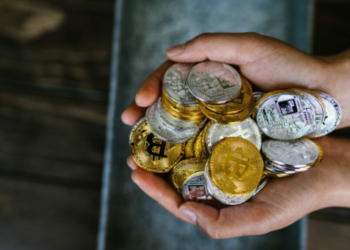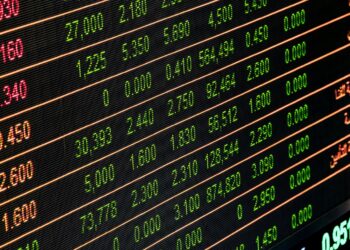Investing and trading all have one end goal – making returns and generating profits. Both market participants go into a trade or invest in an asset to make money from it. However, both participants have different approaches to get their objectives. While an investor would adopt a longer time frame to actualize returns, traders follow a shorter time frame to make profits.
For example, someone who invests in shares typically does that for capital appreciation or possibly returns through dividend income. Traders who are most times speculators in assets spot opportunities and want to make quick profits on price movements. In some cases, they make the wrong bets and of their own volition become investors as they have to wait long periods to get out of their positions so they do not incur a loss.
However, both participants make one common mistake, emotional investing. Reacting to news is one mistake beginner investors and amateur traders make. News is fundamental that can potentially change the course of an asset. However, they often defy reasoning.
In the 1930s, John Maynard Keynes said, “The markets are irrational longer than you can remain solvent” and that applies today as market movement – up or down often makes investors second-guess themselves.
That is why people advise not to invest or trade the news. Let me bring two examples. Look at the Credit Suisse chart and the Great British Pound. After negative news that affected Credit Suisse and the United Kingdom, prices have gone to recover instead of plummeting further than speculators imagined.


Do you see how prices have retreated? So there’s something we say in the markets. “If you want to panic, panic first.”
Because sometimes it is a case of the news does not provide the bigger picture or in most cases, a lot of bigger traders are waiting for you to provide liquidity by reacting to the news. What do I mean?
Trading is a zero-sum game. The big traders need you to make irrational decisions to make rational ones. They feed on fear. It’s why Warren would say “be fearful when others are greedy, and be greedy when others are fearful” – because they know amateur traders would react to the news, they would take opposite bets to take your money.
This is why most market analysts advise that you “buy the rumor, sell the news”. Through financial derivatives such as CFDs or spread bets, traders can use the ‘buy the rumor, sell the news idea to bet on markets that they think are either going to rise or fall. This is because CFDs and spread bets afford the ability to go long as well as short.
Investors just use one route. Buy-side – hence why we advise investors to believe in what they are buying using a long-term perspective. Traders are short-term market participants that can open two positions, (buy and sell) so investors should not be patient and stick to their beliefs in assets. Ignore news but monitor facts and one would do well in the financial markets.























